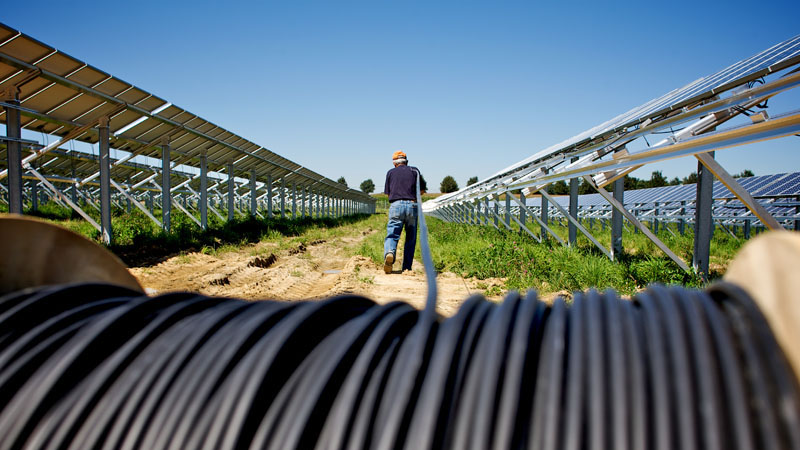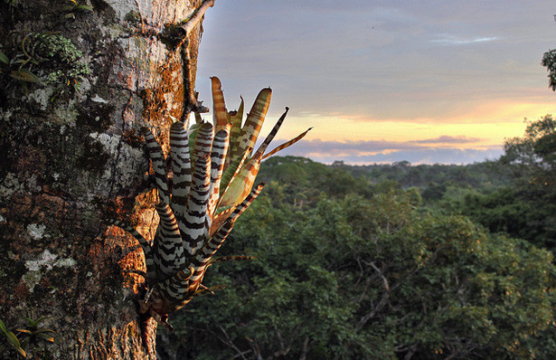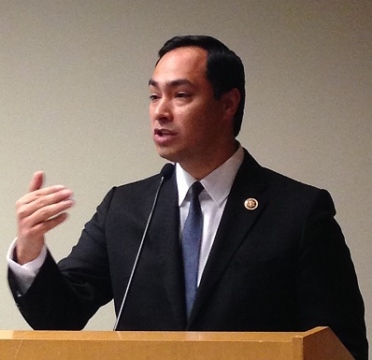Is the US Likely to Engage with Cuba on Offshore Drilling?
Will Cuba be able to safely regulate its oil industry?
On December 16, the Inter-American Dialogue, in partnership with the Japan Association of Latin America and the Caribbean, held a public meeting titled “Toward Pandemic Recovery in Latin America and the Caribbean—Exploring New Dimensions of Japan-US-LAC Interregional Cooperation,” to consider prospects for enhanced Latin American, Caribbean, Japanese, and US collaboration in support of regional recovery and sustainable development.
This public event was preceded by a private roundtable discussion on December 9, which facilitated discussion on this same topic among nearly 40 esteemed government, private sector, and other representatives from Japan, the US, and a number of Latin American nations.
In both meetings, participants identified areas where collaboration—to ensure pandemic recovery and advance the sustainable development goals (SDGs)—is most critical and feasible, and also where stakeholder interests most clearly intersect.
While noting the numerous economic challenges that the Latin American and Caribbean (LAC) region faces at present, public meeting participants Peter Natiello, who is acting assistant administrator for Latin America and the Caribbean at the US Agency for International Development (USAID) and Sachiko Imoto, senior vice president of the Japan International Cooperation Agency (JICA), highlighted opportunities for enhanced bilateral and trilateral cooperation with countries the region.
Imoto highlighted JICA’s Subasa (or "wins," in Japanese), for instance, which supports Japanese private sector engagement with innovative LAC startups aiming to address the SDGs. The Inter-American Development Bank (IDB) and JICA have additionally collaborated to facilitate Japanese private sector engagement and help align Japan company interests with the needs of local companies in the LAC region, Imoto explained.
The two international development specialists also noted some areas in which Japan-US collaboration in LAC has already been and can continue to be productive. For example, in Guatemala, USAID and Japan are working together to strengthen and expand Centro Quédate—a Guatemalan government-led model providing vocational training and educational opportunities for youth, including support for returned unaccompanied minors and youth at risk of migrating.
Similarly, Japan and USAID have collaborated on the provision of scholarships for youth at risk of migration in El Salvador, facilitating technical careers and high school completion.
Vice President Imoto mentioned ongoing talks with the US and international professionals on disaster risk management and addressing the challenges of aging societies in the LAC region. These are two areas, she said, where Japan and LAC face similar problems, and also where Japan and the US can cooperate to support LAC interests.
Acting Assistant Administrator Natiello also saw additional prospects for Japan-US collaboration in LAC, especially in the Central American region, noting that cooperation there was a key theme a summit in April 2021 between President Biden and then Prime Minister Suga. Japan-US cooperation in Central America has been priority area for Prime Minister Kishida, as well, he noted.
In addition, both countries remain firmly committed to advancing cooperation between LAC nations and OECD Development Assistance Committee (DAC) members and to ensuring progress towards implementation of the 2030 development agenda. Collaboration with like-minded partners “complements our drive for more inclusive global development, in which localization plays a central role in support of pandemic recovery, ending global poverty, responding to natural and humanitarian disasters, and helping developing democracies realize their potential,” Natiello noted.
For Keiji Inoue, Senior Economic Affairs Officer in the International Trade and Integration Division of the Economic Commission for Latin America and the Caribbean (ECLAC), the diversification of trade with the LAC region, investments in support interregional trade, and a focus on supporting promising sectors such as pharmaceuticals, medical equipment, ICT services and e-commerce, which have all expanded amid the pandemic, should be a primary objective for Japan and the region’s other economic partners.
Sachiko Imoto’s call for enhanced Japanese and other private sector participation in LAC was echoed by both Angelo Guerra, chief executive officer of NEC Brasil and Hiroshi Tomita, director of the Value Creation Office at PWC Advisory. Tomita highlighted the importance of market mechanisms to reduce greenhouse gas emission, noting the critical importance of international collaboration on climate-related financing and policy. And, referencing Japanese company NEC’s decades-long record in the LAC region, Guerra explained that Japanese and US companies have already worked together to advance LAC’s telecommunications and network security, and should continue collaborating on the deployment of 5G and related services across the region. There are also considerable prospects for collaboration on traceability systems to address low productivity, generate quality jobs, create innovation, and empower local communities in the Amazon, he said. These are all areas of focus for NEC at present, as it works to advance certain SDGs.
Will Cuba be able to safely regulate its oil industry?
Ecuador may well play a decisive role in the outcome of the global tension between economic development and environmental conservation.
After decades of engagement with Latin America, Japan is looking to deepen and expand relations.
 Mark Mühlhaus | Quelle | CC by 2.0 | https://https://bit.ly/30oPf3k
Mark Mühlhaus | Quelle | CC by 2.0 | https://https://bit.ly/30oPf3k

 Video
Video